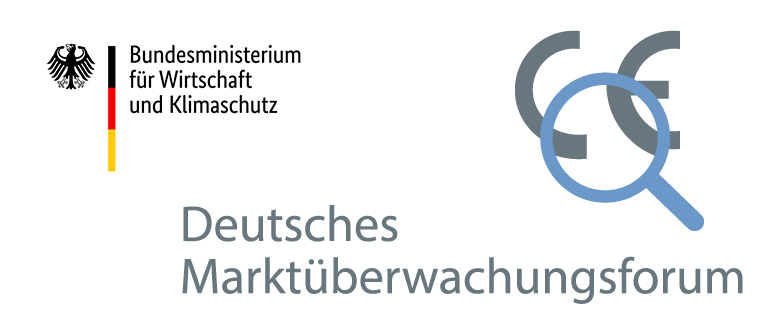More flexible depreciation arrangements for gas networks
Year of issue 2024
Date of issue 2024.09.25
The Bundesnetzagentur has today published its determination for the adjustment of imputed useful lives and depreciation arrangements for natural gas pipeline infrastructure (KANU 2.0).
Adjustment of depreciation arrangements
The KANU 2.0 determination adds flexibility to the depreciation arrangements for gas network operators nationwide, thus providing the regulatory framework to support the transformation of the gas networks. This transformation process is to be designed so as to secure a reliable supply of gas for customers at all times with reasonable network tariffs. The costs that are still incurred despite the decrease in sales volumes in order to maintain broad infrastructure and ensure security of supply should be able to be distributed over the course of the next several years until 2045 so that the costs can be borne by as many customers as possible. These costs are merely being shifted in time. This prevents customers who are unable to stop using natural gas as quickly as others from having too great a burden. Without this measure the remaining users would be faced with increasingly higher tariffs. At the same time the determination ensures that network operators will continue to be able to recoup their necessary investments in the natural gas networks. The regulations take into consideration the heterogeneity of the networks while safeguarding the interests of the network users.
Shorter useful lives and declining balance depreciation
The determination allows network operators shorter useful lives than has been the case so far. As an exception parts of gas networks can be depreciated until 2035 (normally until 2045).
In addition, declining balance depreciation at a rate of up to 12% is allowed in particular cases. This enables depreciation to be adjusted in line with the decrease in sales volumes. As a result, network operators can by and large recoup their investments and secure their economic performance for the transformation process.
The new rules can be included in network tariffs beginning in 2025. Network operators are not required to apply the rules at a specific time. For example, they can opt to wait for the adoption of local heat planning before changing the depreciation arrangements.
Faster depreciation will generally mean a rise in tariffs in the early stages of the gas network transformation. The tariffs largely depend on the regional implementation of the heat transition and the decrease in the number of gas users. The Bundesnetzagentur anticipates the determination to result in just a moderate increase in tariffs.
Supervision by the regulatory authority
It is the responsibility of the network operators themselves to adjust their tariffs in line with the widely varied regional developments in the use of the gas networks. The network operators are responsible for closely following and supporting the individual planning for the transformation process.
The network operators are required to create a balance between the aims of accelerated depreciation and minimising increases in tariffs.
The Bundesnetzagentur has combined the flexible depreciation arrangements with strict substantiation requirements. Network operators may only apply accelerated depreciation if it can be seen to be plausible. Accelerated depreciation is not allowed without a valid reason, which network operators must prove. If the increase seems implausibly high, the network operators' assumptions will be scrutinised in the interests of the customers. The Bundesnetzagentur will continuously monitor whether and how network operators make use of the new possibilities.
Background
The significance of natural gas will diminish in many sectors in the medium term. Although there is not yet a large decline in gas connections, it is already foreseeable that there will be regional differences in the demand for and use of the gas networks.
A large part of the natural gas network will not be used beyond 2045. Some federal states and municipalities are planning to phase out their gas supply before that. Parts of the transmission system and, in individual cases, the distribution system will be used to transport hydrogen. The remaining part of the network will be decommissioned.
The Bundesnetzagentur's forecast calculations show that it is essential to adjust the depreciation possibilities for existing assets. Otherwise, there would be several billion euros worth of unamortised residual value as at 31 December 2044. There would also likely be a significant rise in network tariffs at the expense of the remaining network customers.
The determination has been published online at www.bundesnetzagentur.de/kanu (in German).



